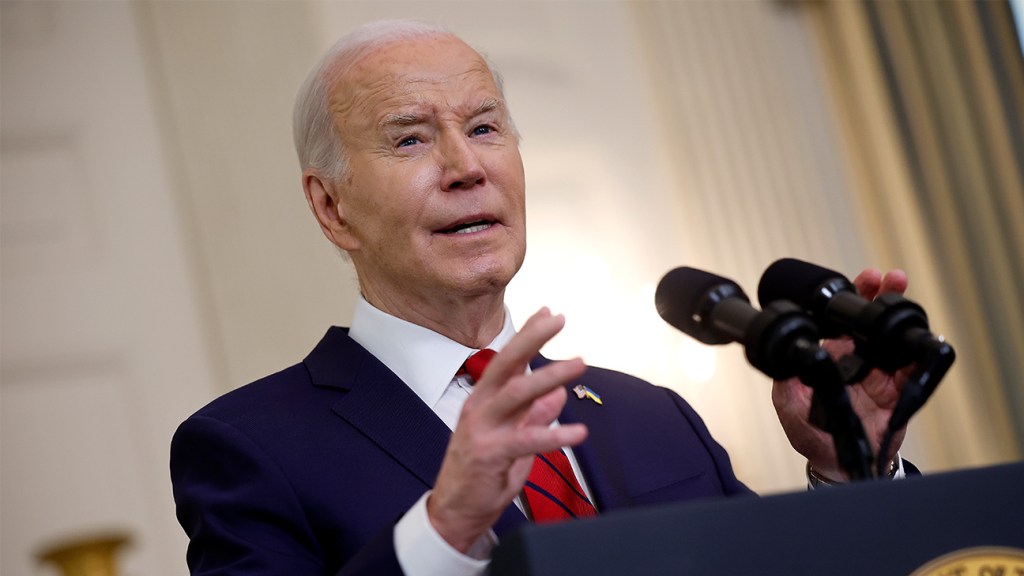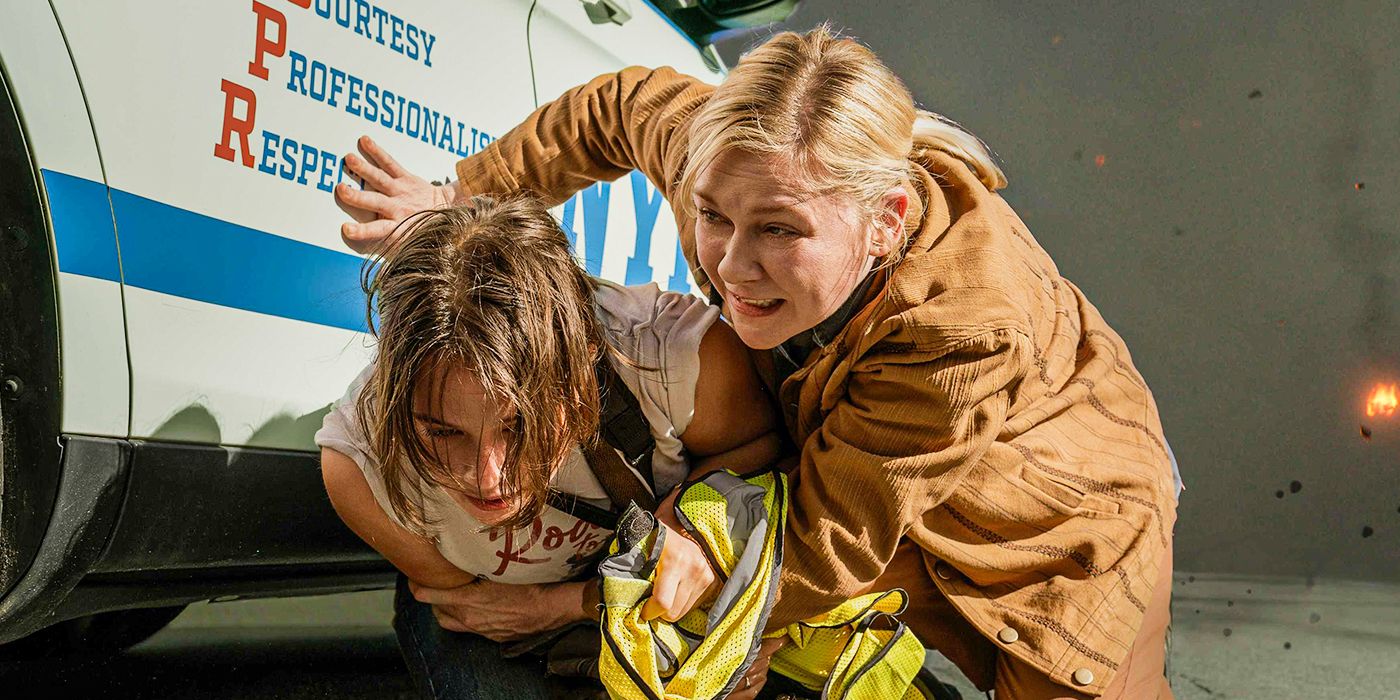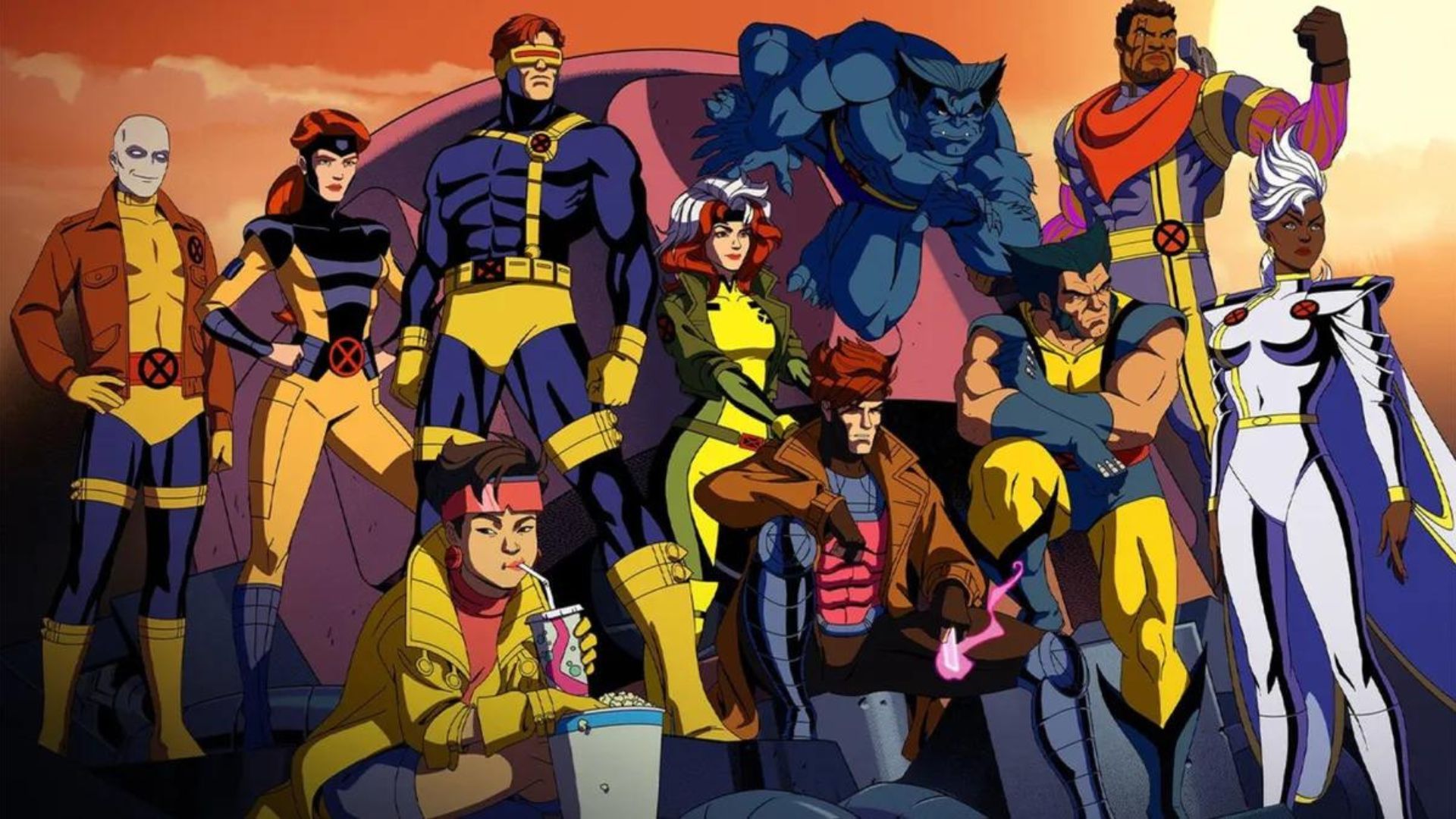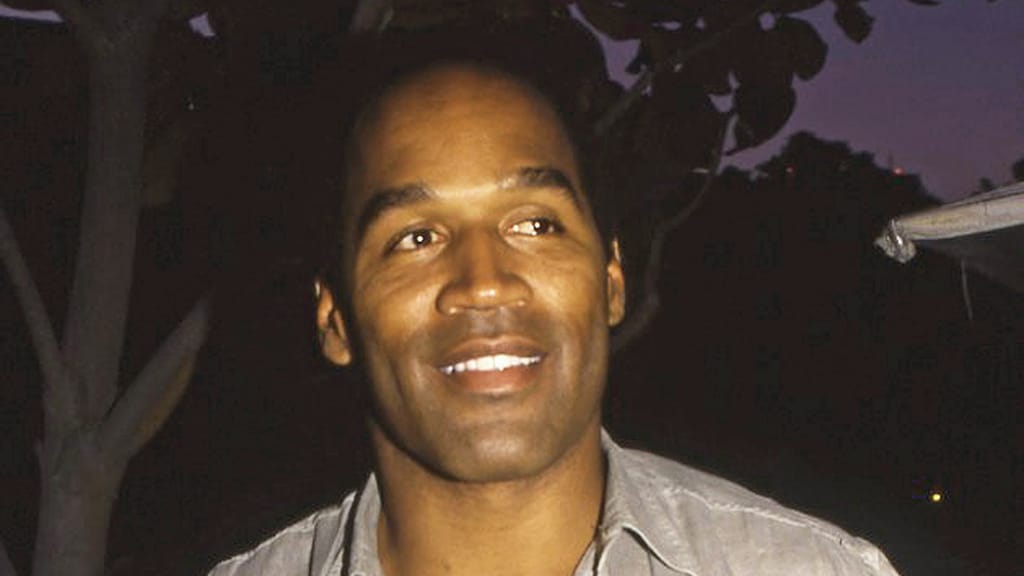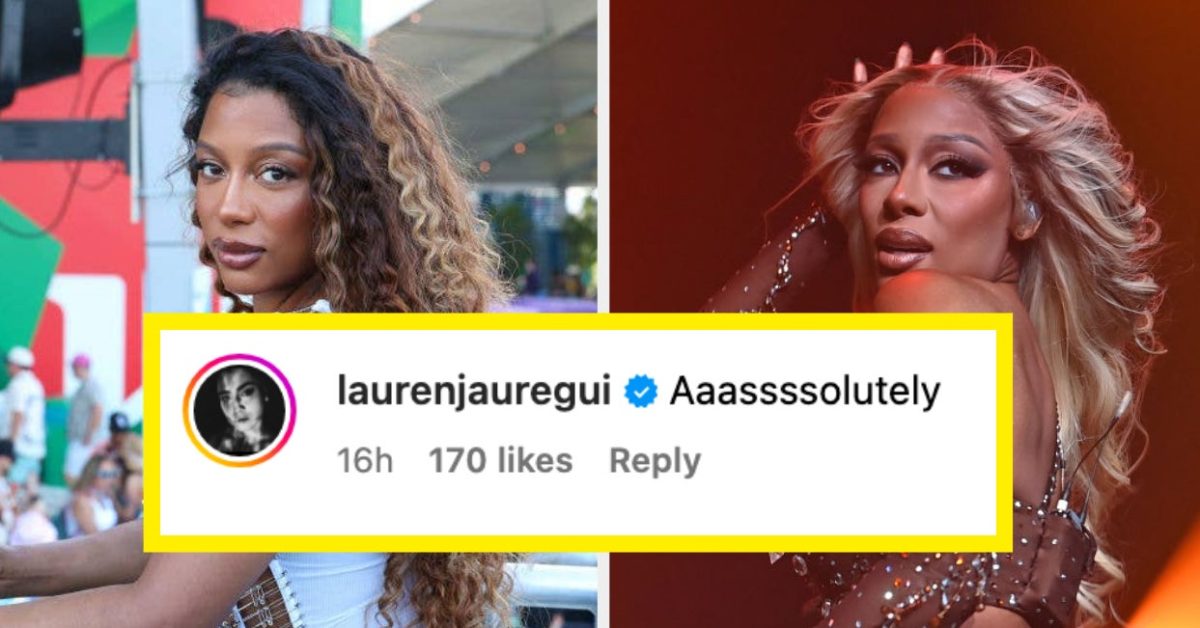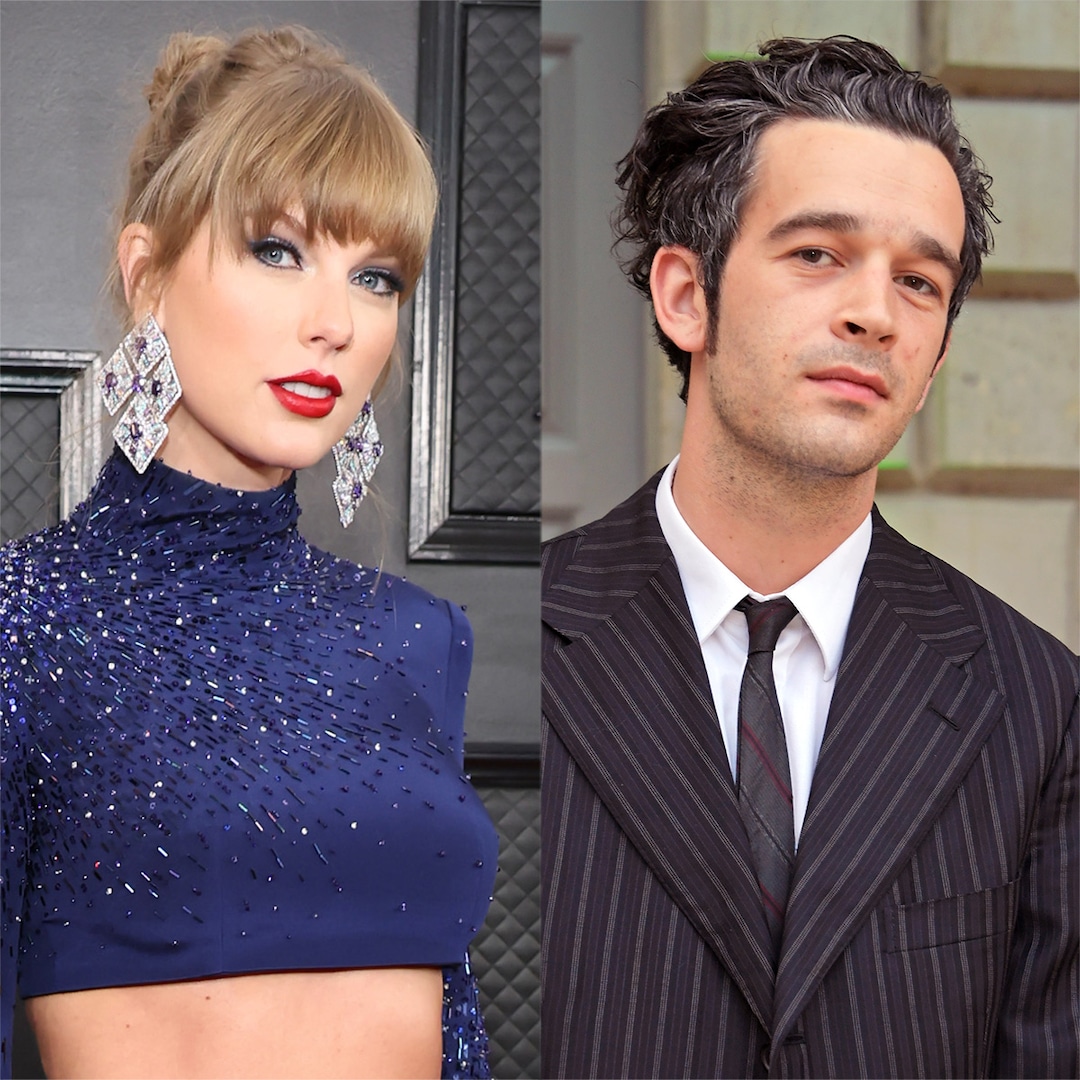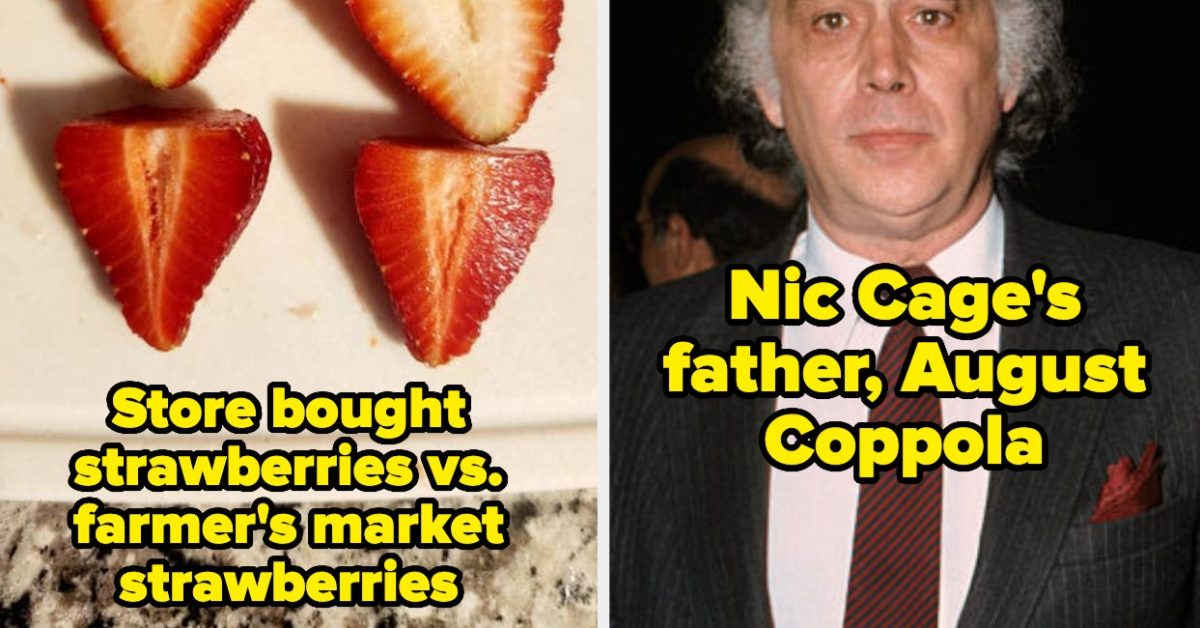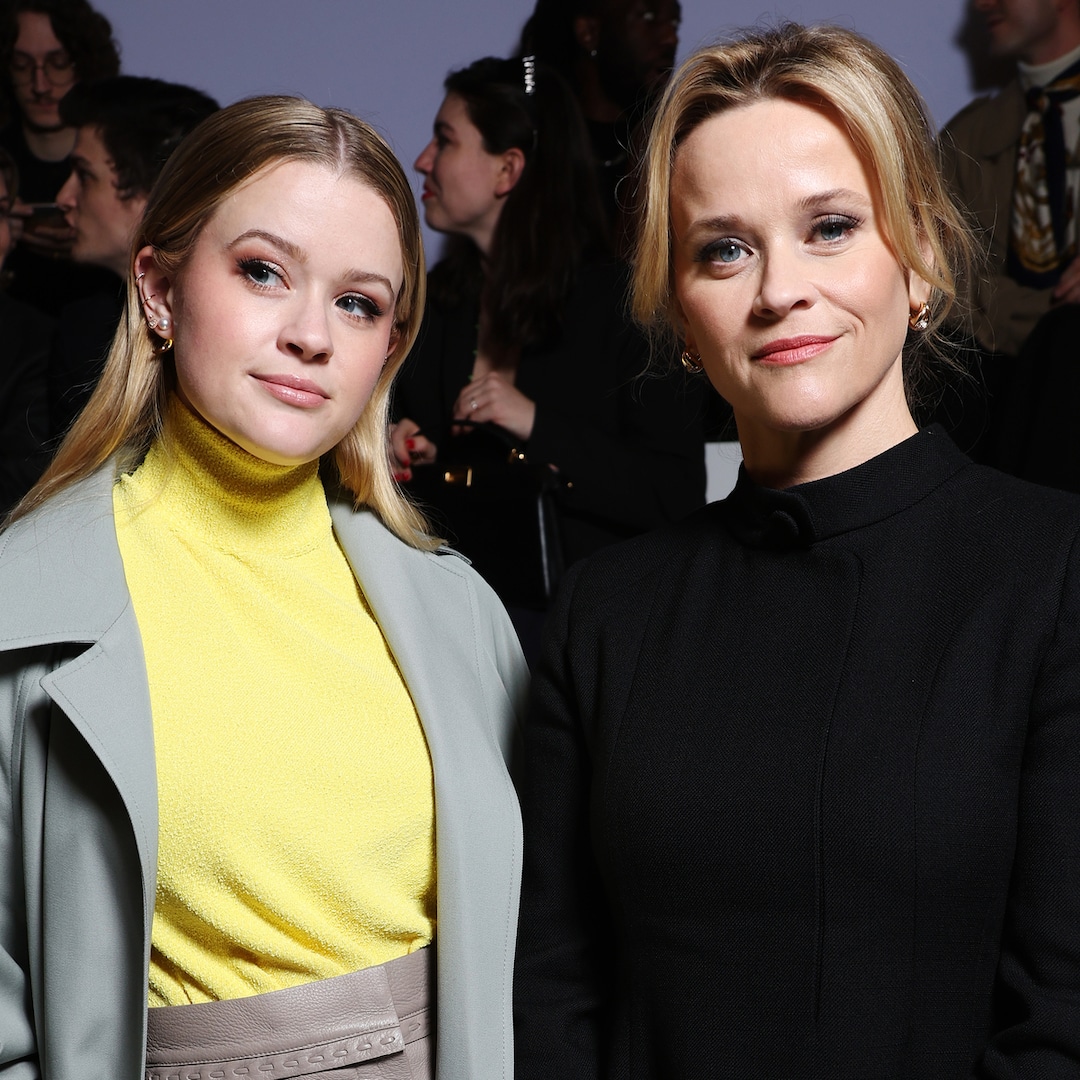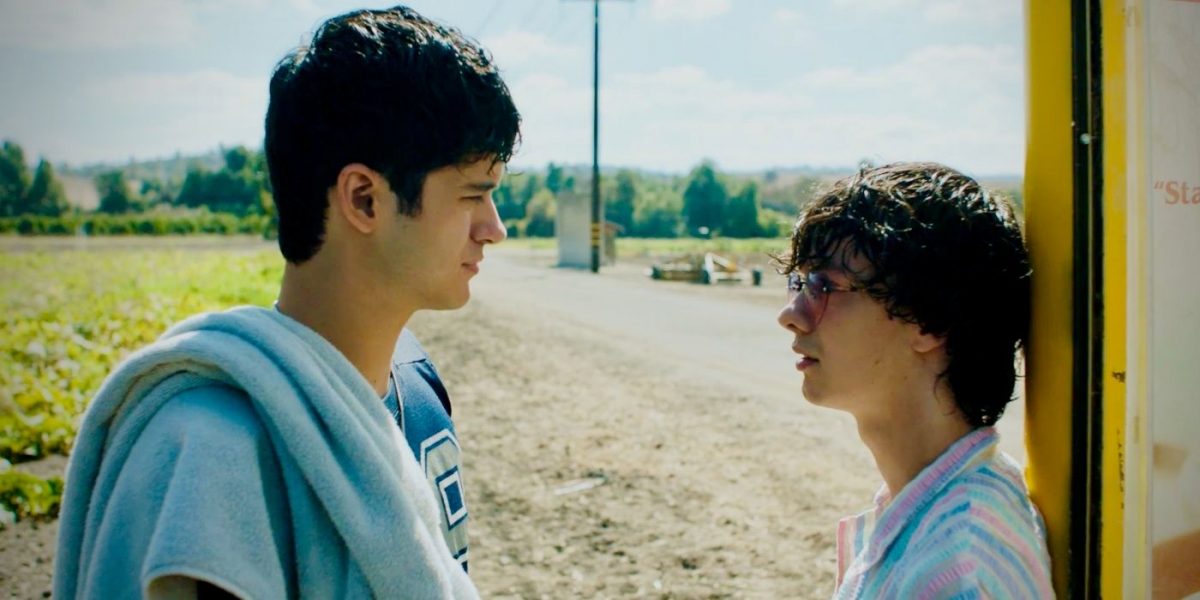
‘Aristotle and Dante’ Director Embraced the Story’s Fairytale Quality
Sep 9, 2023
The Big Picture
Writer/director Aitch Alberto read the novel “Aristotle and Dante Discover the Secrets of the Universe” in 2014 and immediately saw the potential for a movie adaptation. Alberto obtained permission from author Benjamin Alire Sáenz to make the film after visiting him in El Paso and discussing her vision for the story. The film intentionally creates a grounded world with a fairytale-like quality, using light and cinematography to explore magic and surrealism. Alberto’s personal journey of self-discovery paralleled the themes of the film.
[Editor’s note: The following includes spoilers for Aristotle and Dante.]From writer/director Aitch Alberto and based on the novel of the same name by Benjamin Alire Sáenz, the beautiful coming of age drama Aristotle and Dante Discover the Secrets of the Universe follows two teenage Mexican American loners, Aristotle Mendoza (Max Pelayo) and Dante Quintana (Reese Gonzales), whose friendship leads them each on a road to self-discovery that is life-changing. Their summer of adventure, in El Paso in 1987, teaches them that a world of infinite possibilities is not without danger and consequence, but that they can overcome their fears together.
During this 1-on-1 interview with Collider, Alberto talked about the impact the novel had on her when she first read it, how she went about getting the author’s permission to make the movie, her own journey of self-discovery that coincided with the whole filmmaking process, being very intentional about the look and feel of the story, whether she’d be interested in continuing to tell the story of Aristotle and Dante since the book has a sequel, the good advice she got from producer Lin-Manuel Miranda, and what made her cry on set.
Collider: How did you end up being the one to write and direct this? You read this novel back in 2014, so did you start trying to adapt it and make it into a film then? Was this just a very long journey to production?
AITCH ALBERTO: I read the book in 2014 in one sitting and I so clearly saw what the movie could be while reading the book. That was the beginning of a very long journey. I had done a couple of short films, but I really have no business being like, “I’m gonna be the person to tell this story.” I had a producer friend find out that the rights were available, which to me was so shocking because it’s such an undeniable, beautiful story that I thought someone had already scooped them up, but I think it was also an invitation for me to be the person that tells it and to find a way to tell that story. So, it took about two years. In 2016, when I had completed a draft of the script, I wrote to Benjamin Alire Sáenz, the author of the novel, and I said, “I did this thing. Can I come and visit you?” So, he invited me to El Paso. I immersed myself for four days in Ari and Dante’s world, and after those four days, we sat at a diner in Las Cruces, New Mexico and he said, “These boys were mine, and now I give them to you.” That was the true beginning of his support and his validation, to find a way to tell this story. And then, it was seven years to set and 9 years to date.
Image via Blue Fox Entertainment
What was going through your head, during that time? Were you thinking, “How am I going to convince this person to not give this story to anyone else”? Were you thinking of all the ways that you could convince him to give you that permission?
ALBERTO: When I got on the plane, I was like, “What am I doing? I don’t know this person. I’m going to a stranger’s house.” I reminded myself that he wrote Aristotle and Dante, so it wasn’t gonna be so bad, no matter what. But I tried to show up as authentically and honest as possible, speaking about how I responded to it and how I saw reflections of myself in all of these characters. And he said that that letter that I wrote to him was one of the most beautiful letters he’s ever received, so I think I already had it in the bag, though I didn’t know it. It was so magical and undeniable that I knew something would happen after that. I’m so grateful for him because he was my first yes and my most important yes.
We get a very specific feel for the time period and the location, through the visual of this film. When you read the novel, did you immediately see it? How much time did you spend thinking about all that?
ALBERTO: I had a long time to think it out. Yes, I saw a version of it. That evolved and I explored a lot of the options of what it could be, but what it definitely always was, from the beginning, the intent was to create a grounded world where magic was possible. I wanted to find a way to use the camera where it felt like a fairytale amongst these two people. Some of the scenes are very sparse, intentionally. It wasn’t a lack of budget, which we didn’t have much of. It was more that what happens when you feel like the world disappears is that it feels like nothing’s around you. We were constantly trying to find ways for how we could use light to explore magic and add this very surreal quality that I hope the movie embodies. So, to answer your question, it was all fully intentional.
It’s so interesting that you were telling a story like this at a time when I’ve read that you were going on your own journey of authenticity and your own transition. I can’t imagine what that must have been like, intertwined with this. What were the biggest surprises for you, that came from making this? Did it personally affect you in ways that you couldn’t have expected?
ALBERTO: At the beginning of the journey, I thought I was a Dante. But in reality, I was always an Aristotle. I needed to go through that journey of really accepting myself and loving myself fully, and walking through that truth, in order to be ready to direct this film with the lens that I always intended to. That’s why time was not only difficult, but also a blessing because it gave me the room to discover that. This will forever be one of the most important pieces that I ever work on because it was such a mirror to my journey. I’m so grateful I was able to land on that and accept that, which I think is what happens with these characters. And I hope people are inspired to do the same because it’s not easy. It’s often really difficult and really challenging, but once we do, we finally see color. At least, that’s what happened to me, and that was definitely what I wanted to embody in the movie, as well. One of the things that I’m allowing myself permission to do is that there’s never a landing moment. We never stop investigating who we are. Who I am, as an artist and as a director, I wanna continue to be open to learning and discovering new facets of who I am and the characters that I’m interested in bringing to life.
Image via Blue Fox Entertainment
Because it sounds like this was such a personal experience for you, was it hard to wrap the film, to finish editing the film, to close the book on the film, and to really say goodbye to it when you were done?
ALBERTO: I haven’t said goodbye to it. I’m still in it. These characters are still very much alive in my world. Maybe there’s a version of a goodbye on September 8th, when the movie is out in the world and it’s no longer mine and it’s really for other people to experience, but that’s also really beautiful. But I think I’ll never say goodbye to Aristotle and Dante and what this journey was. It’s been so formidable in my life, in a very powerful way.
You’ve talked about how you’d be interested in making the sequel to the novel into a sequel to the movie. Is that something that you would like to do? How seriously and how deeply have you thought about that? If all of the strikes were over and someone handed you all the financing you would need, would you do it now?
ALBERTO: Yes. But I think it’s really important that we go and we support this movie, so that the second one is an option. The thing that I’m most passionate about right now is, how do we get people to see this story, so that we’re able to continue these characters’ journey. They’re so beloved, so I think there is a thirst to see the sequel.
It’s hard not to fall in love with these characters and it’s easy to understand why people would want more. By the end of this film, it feels like their story is just starting.
ALBERTO: Yes, that’s exactly right. Our story really starts when we’re able to accept ourselves and love ourselves, and that informs the way we move through the world, from that moment forward. So, I think there’s so much more to explore with both of these boys and their families, as well.
Image via Blue Fox Entertainment
There is quite the eclectic team of producers on this film, between Lin-Manuel Miranda, Eugenio Derbez and Kyra Sedgwick. Did any of them give you any advice or inspire you in any ways that you feel were reflected in what the finished product ended up being?
ALBERTO: Yes. I think that all of these different people coming together is such a testament to what the story is and the importance of what the story is. The most important piece of advice was from Lin-Manuel. We had just wrapped and I was so entrenched in not stepping away from the movie, and he was like, “You need to walk away for at least a week. When you come back, you’ll be able to see it through a different lens.” That was honestly one of the most important pieces of advice that I could have received, and I’ll take it onto the next project. You become so emotionally involved, as a director and writer, that you don’t want to walk away from it. But sometimes, coming at something with fresh eyes opens you up to different possibilities, which is necessary when you’re editing a movie.
When it came to the book, was there anything that you knew you had to include and had to get right? Was there anything that made you the most nervous, or that you felt the most responsibility for?
ALBERTO: I really wanted to make sure that we didn’t lose the specialness of how these characters’ families, by the end, respond to the journey of these two boys. That’s something refreshing that we haven’t seen and it plays against stereotypes in a way that is so necessary for the Latino community specifically. How do I lend that and investigate that, to honor that and compromise on certain levels, but I definitely didn’t compromise on that. I’m really proud of that.
Was there anything that you couldn’t carry over from the book, just because it wouldn’t work for an adaptation or because it just didn’t work for your vision of the film?
ALBERTO: Yes, there was so much. I’m such a fan of the book, so there are drafts where I wanted to include everything because I thought everything was so necessary. There are a lot of scenes that we filmed that, in hindsight and in the editing process, we discovered were just far too intimate and often ahead of these characters’ journey. I think it’s important to remind ourselves of the medium that we’re working in and always service that and the audience, to make for what I hope is a compelling journey for people who haven’t read the book and don’t know the book. It wasn’t easy.
Image via Blue Fox Entertainment
It seems like, aside from getting that yes from the author and getting the financing to make the film, casting would have been the other really crucial thing for this. What was that process like? You’re not only had to find actors who embodied these characters individually, but they also had to have chemistry together. Was there a moment that you just knew you’d found that?
ALBERTO: I was really scared. As much as I wanted it to happen, there was not gonna be a movie, if I didn’t find the right Aristotle and Dante. It didn’t matter to me what they looked like. It didn’t matter to me where they came from. They had to embody the essence of who these characters were, and I knew that was a high bar, but I also was trusting that we would find them. When I saw Max [Pelayo]’s self-tape, at the very early stages of casting, I knew it was him because it was so undeniable that he was a version of Aristotle. And Reese [Gonzales], who plays Dante, I knew from 2018, when he did a live reading of the script, so he was always in the back of my mind. He just was Dante, and I knew that, but I wanted to make sure that I was doing the due diligence of going on the casting journey. But it was always him, and it was always these two. It was just about, how do I nurture an environment where they trust each other and trust me to allow them to be vulnerable in front of the camera? They showed up in such a real, beautiful way and I’m so proud lot of them. I wish they were here. If it wasn’t for this strike, they’d be able to celebrate their work.
Was there a first moment, on set during filming, watching them together, that just made you emotional or made you teary-eyed?
ALBERTO: Oh, I cried so much. I’m a Taurus-Cancer-Cancer, so there’s a lot of water in my sign. There were so many moments. I had this spiritual, visceral reaction when we shot the first scene and the last scene of the movie. I didn’t expect to be so emotional, but those scenes were so crucial to where we started and where we ended this journey with these two boys. But when it came to their chemistry, it was in the first chemistry when we brought both of them into a room together. That was in pandemic times, so it was definitely a risk, but one we needed to take to make sure, and it was natural. There was nothing that I needed to do. They just were. It was very easy. The whole room of producers that were there were like, “Oh, my God.” It was so undeniable. Even when they weren’t auditioning or acting together, what was happening outside the frame was that was the development of a friendship, and you can’t pretend or act to have that.
You’ve talked about not wanting to see violence against queer people on film, and you shot Dante’s bashing in a way that really focuses on the emotion and the pain, instead of showing the physical aspect of what he experienced. Was that a difficult decision to make? Did anyone telling you that you should include that in the film? Did you just go with your got on that?
ALBERTO: If I’m really honest, yes, there was people who maybe don’t have an understanding of why it’s important to not show that, that suggested including that in the film, but that was something that I was really passionate about. We filmed it, but while we were filming it, I was like, “Why are we filming this?” And in the edit, it became very clear that I wasn’t going to show any more trauma porn when it came to characters like this because we’ve seen them so redundantly. It’s important to start moving away from that narrative. Not to shy away from the painful truths of what it is, but we don’t need to see it because we’ve seen it so many times. We see it in the way that it breaks his spirit, which is what makes that moment so compelling. This vibrant light, this ethereal being that we’ve been falling in love with through the film, has been beaten down, which is what happens in life, often, with people that don’t understand it. That’s one of the painful journeys of growing up and the painful realities of what it is to exist in the world, especially during that time.
Image via Blue Fox Entertainment
The moment when Aristotle finally verbalizes his wants and feelings to Dante was so beautifully shot with natural lighting. Was that something where you really thought about how you wanted that to look?
ALBERTO: That was always the goal, to make something that felt grounded and felt cinematic, but not in a way we’ve seen before and that was elevated when it comes to YA stories. I didn’t want to talk down to the audience that this was supposedly made for, even though I hope multi-generational people come see it. It was about, how do we embrace our environment, as best as possible? A lot of my inspirations were William Eggleston’s photographs, which use natural light in the most beautiful way. It was always trying to find moments where we were able to do that with the camera department and with (cinematographer) Akis [Konstantakopoulos], who was my greatest collaborator. We also have very different approaches. His is very academic, and mine is very emotional. The melding of both of those approaches made for a really beautiful frame, so thank you for acknowledging that because that was very intentional. I really wanted to have it feel big without needing to go too big with it, which is often what we see in these YA romantic stories. That’s not what life is, and I wanted to reflect that and reflect that back to people by creating a world that feels grounded, but where magic is possible. It was always the approach of, how we could use the camera and the light to find magic in that. We wanted to create a surreal fairytale quality that might not be evident, but is hopefully subtly there.
Aristotle and Dante Discover the Secrets of the Universe is now playing in theaters.
Publisher: Source link
Victoria Monét Shared A Picture Of The Extra Weight She's Gained, Particularly In Her Butt, Thanks To PCOS, And She's Learning To Love It
"Now there are two moons on the stage."View Entire Post › Disclaimer: This story is auto-aggregated by a computer program and has not been created or edited by filmibee.Publisher: Source link
Apr 29, 2024
Untangling Taylor Swift’s and Matty Healy’s Songs About Each Other
"Loml": In this moving track, Taylor first sings about being called the love of someone's life "about a million times." However, the dynamic soon changed. "If you know it in one glimpse, it's legendary," she notes. "What we thought was…
Apr 29, 2024
I’m Pretty Much The Dumbest Guy On Earth So These 22 Absolutely Incredible Pictures Put My Brain In A Blender Immediately After I Saw Them
I'm Pretty Much The Dumbest Guy On Earth So These 22 Absolutely Incredible Pictures Put My Brain In A Blender Immediately After I Saw Them 1. This is what Nicolas Cages' father, August Coppola, looked like: 2. This is how…
Apr 28, 2024
Reese Witherspoon & Daughter Ava’s Resemblance Is Wild in Twinning Pic
Reese Witherspoon Hit the 2024 Golden Globes Red Carpet with a Special Date: her eldest son Deacon PhillippeReese Witherspoon and Ava Philippe walk the line of being impossible to tell apart. In fact, the Legally Blonde star and her 24-year-old…
Apr 28, 2024
